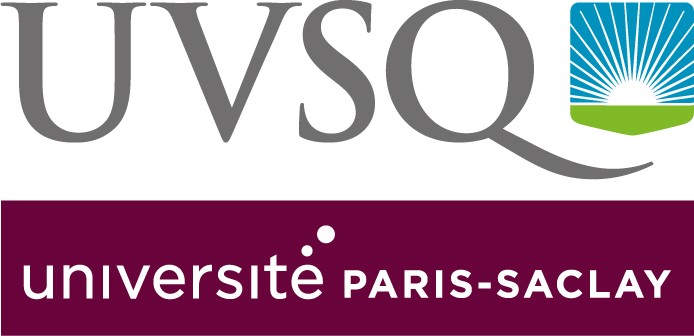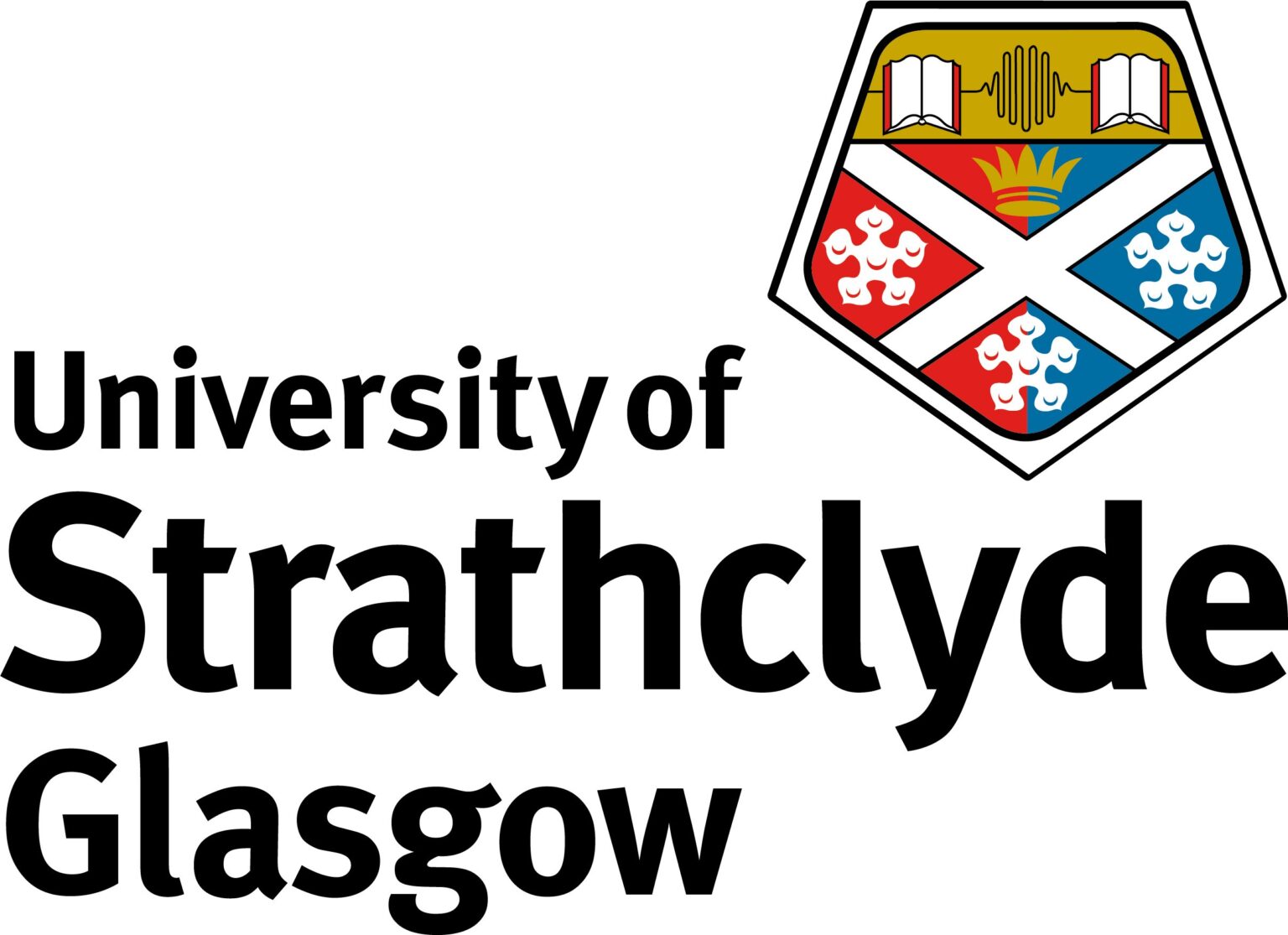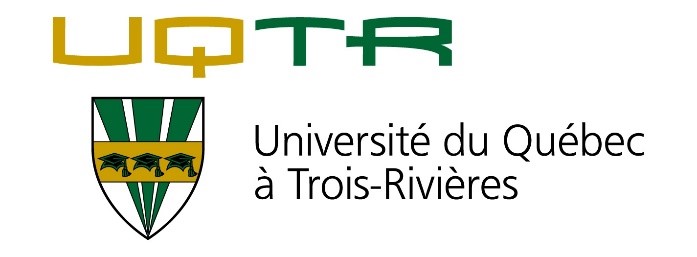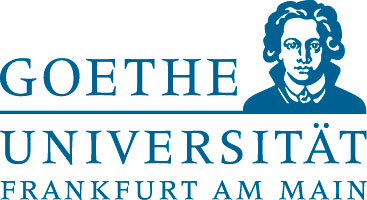France - Information on Country Independent Police Complaints Bodies
The Défenseur des Droit(DDD)is an independent administrative authority that has been enshrined in the Constitution since 2008. It inherited the four rights protection missions previously carried out by institutions that have now been dissolved and has been given a new mission since 2016. The DDD is responsible for defending and protecting the rights of children, defending the rights of users of public services, combating discrimination and promoting equality, guiding and protecting whistleblowers, and ensuring compliance with professional ethics by security professionals. He is therefore the external controller of the national and municipal police, the national gendarmerie, customs officers, employees of private security services (private investigators, security guards, security guards, cash-in-transit agents, etc.), prison officers, members of public order services, rural and forest wardens.
In formal terms, the DDD has significant legal powers, in particular the power to carry out on-site checks, to summon people for hearings and to request any documents it deems necessary to complete its investigations. No one may evade the DDD's requests without exposing themself to criminal sanctions. However, if a judicial investigation is underway into the same facts, the DDD must ask the magistrate in charge of it for authorisation to investigate in parallel. The investigations conducted by the DDD are governed by administrative law and are intended to establish whether breaches of professional ethics (déontologie) have occurred.
The DDD does not, however, have the power to impose disciplinary sanctions, which remains the preserve of the officer's hierarchy once the facts have been established. Nor does the DDD have any judicial powers.
Complaints may be lodged with the DDD free of charge and without any limitation period by any person who considers that his or her rights have been infringed within the territory of the Republic by the various means (online platform, telephone, mail) but may not be lodged collectively or anonymously. It should be noted that the DDD may also be approached by witnesses. However, the DDD will have to ensure that the victim (or his/her beneficiaries) consents to an investigation being carried out into the acts of which he/she is presumed to be the victim. The DDD may also refer matters to itself. Cases may be referred to the DDD involving a police officer or gendarme, even off-duty.
It has two distinct means of action: the protection of rights, which it fulfils by carrying out investigations, and the promotion of rights, which it fulfils in the field of security ethics by offering training to police students.
There is no distinction between an allegation and a report, or between a complaint and a referral. In French, the term referral (saisine) is preferred to complaint (plainte) (since the latter implies a criminal offence).
In France, police control is a competitive system, and the role of the DDD remains minor compared with that of the Internal Affairs of the police (Inspection Générale de la Police Nationale) and gendarmerie (Inspection Générale de la Gendarmerie Nationale), which are better identified despite the criticism regularly levelled at them. There is no "automatic" routes of cases to the DDD, nor to the Internal Affairs. The choice of lodging a complaint or a referral is totally up to the person complaining. This is why the issue of the awareness rate of the DDD is so important, and also the reason why it's difficult to use the DDD's figures to monitor police misconduct or police accountability.
Below are some infographics regarding the DDD's activities. All sources: https://www.defenseurdesdroits.fr/















